I regularly give talks and presentations at WI meetings, author gatherings and book groups, and I have found that there are some questions that often come up. And so I thought you might like to know the answers – my own FAQs, if you will.
If you have another question, please do fill in the form at the foot of this page and send it in – if it ends up featured on this page, I will send you a copy of the Sam Plank or Gregory Hardiman paperback of your choosing to thank you.

Why are you so interested in financial crime?
I spent twenty-five years as an anti-money laundering consultant – in other words, advising banks, accountancy firms, trust companies, estate agencies, casinos and more in how to spot criminal money and how (and why!) to avoid dealing with criminal proceeds. I realised that financial crime ruins individual lives and also contaminates wider society, for instance by corrupting politicians, skewing justice systems and stealing money from vital public services. I also learned that financial crime is nothing new: the ancient Greeks and Romans recognised the concept of fraud, and there have always been greedy people, naïve people and dishonest people. The methods change: at the moment the hot financial topic is cybercurrency, but in the 1820s people were just as uneasy about the move from metal coins to paper money. But the motivations are familiar: some people want more than their fair share, some people are embarrassed to admit that they don’t understand the new financial instruments, and some people – like my narrator Sam Plank and like me – are fascinated by the motivation of financial criminals and the consequences of their actions.
Why do you write about the 1820s?
It is what I call a happy accident. My first Sam Plank book, Fatal Forgery, is loosely based on a true event that took place in 1824 and so that date was set for me. But once I started researching that period, I realised what a rich seam I had hit. Everyone knows about Regency romances and Victorian detective stories, but as for Regency crime, well, there is very little written about it. And so much was happening in the 1820s with the subjects that interest me the most: financial innovation, policing and justice. Paper money and share certificates had just been widely introduced. London was realising that its system of runners and watchmen was no longer suitable for such a large and diverse community and thoughts were turning to a modern, unified police force. And the justice system was becoming fairer – debating whether the death penalty should be applied so widely (including to many financial crimes) and whether it might be a good idea to have defence lawyers as well as prosecution ones in court! My new series of books has changed location from London to Cambridge but stayed in the 1820s as I simply can’t get enough of this decade of change.

What is a magistrates’ constable?
London’s most famous historical law enforcement body is probably the Bow Street Runners. However, they were dogged by corruption, and also very limited in numbers. Various other solutions were tried until – eventually – the Metropolitan Police hit the streets of the capital in September 1829. But in the fifteen years before that, there were magistrates’ constables. These men existed purely to execute arrest warrants issued by magistrates, with about six of them assigned to each magistrates’ office in London. “My” magistrates’ constable, Sam Plank, works at the magistrates’ office in Great Marlborough Street – almost opposite the iconic Liberty department store (which, despite its historic appearance, was not built until 1924, on the site of a shop first opened in 1875).

Are your characters real?
Some are and some aren’t! My narrator, magistrates’ constable Sam Plank, is an amalgam of several constables who gave evidence in the 1820s at trials held at the Old Bailey. Through reading their transcripts I learned about what a constable’s duties would be and how he would speak, and I pinched Sam’s name from a witness in a trial as I thought it sounded solid, dependable and very English. Surrounding Sam are more invented people – his wife Martha, his junior constable William Wilson – but alongside them are some real people. Sam’s employer is a magistrate called John Conant, who really worked at Great Marlborough Street – indeed, his father Nathaniel Conant was also a magistrate. Sam often discusses vexed moral matters with his friend John Wontner, who really was a compassionate and well-respected Keeper of Newgate Prison. And on occasion Sam debates legal matters with James Harmer, who was a campaigning lawyer of the day. I am very careful to stick scrupulously to any facts we know about these real people, but if there are gaps in our knowledge I feel free to fill them in.
If you have a question about my background or books or research or writing method or favourite biscuit (spoiler: dark chocolate digestive), please use this form and I will answer you as soon as I can. If your question and my answer are added to this page, I will send you a copy of the Sam Plank or Gregory Hardiman paperback of your choosing to thank you.
If you are trying to sign up to my free monthly e-newsletter, please go to the Insider Updates page instead.
